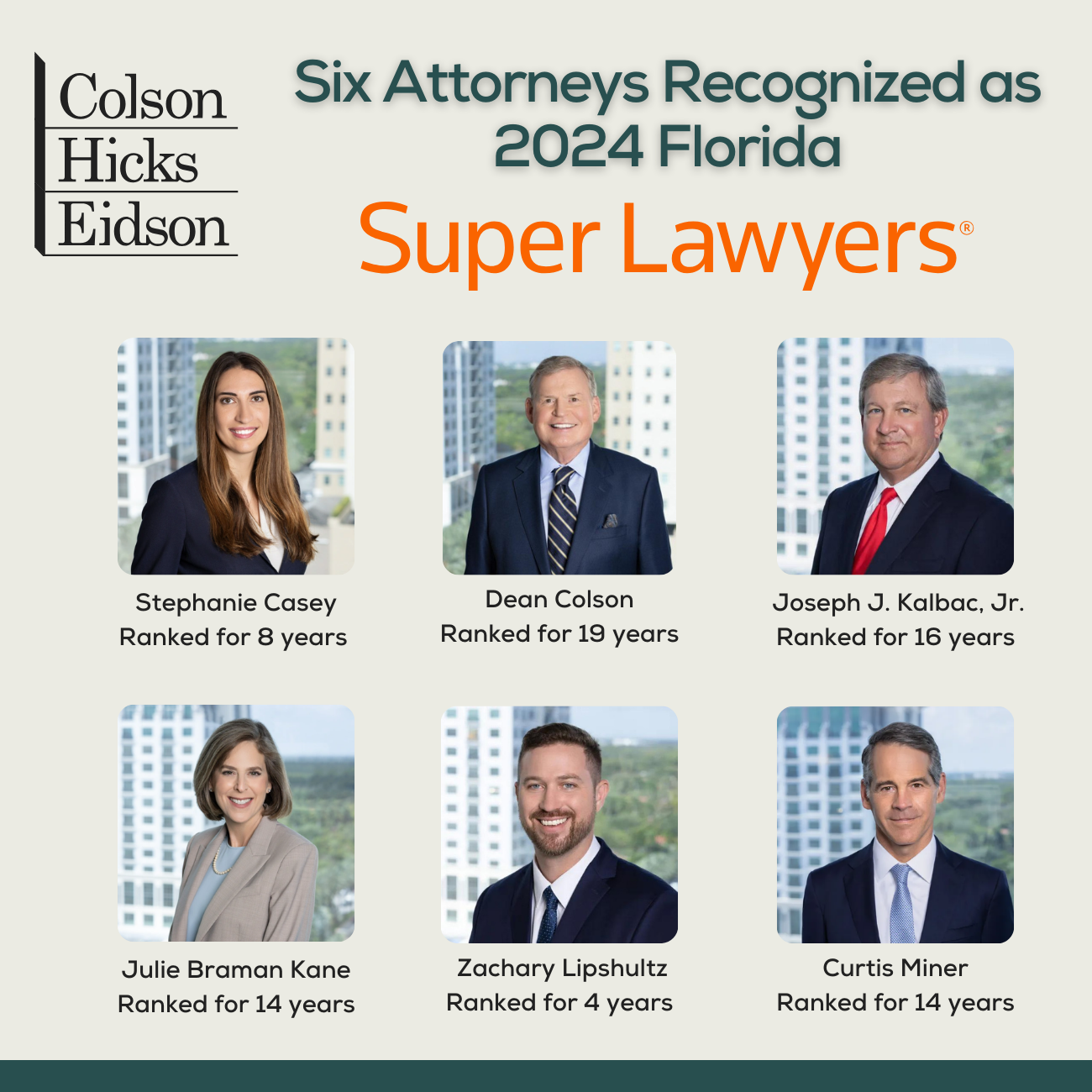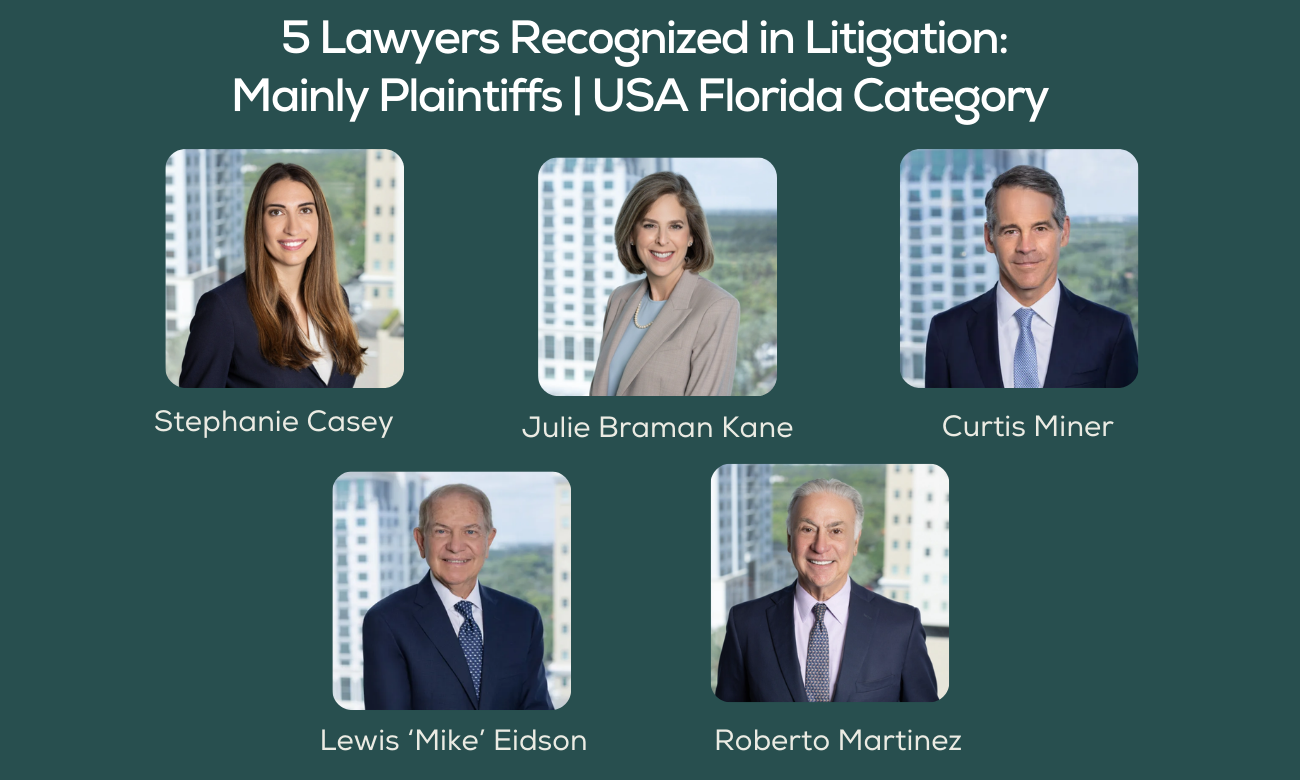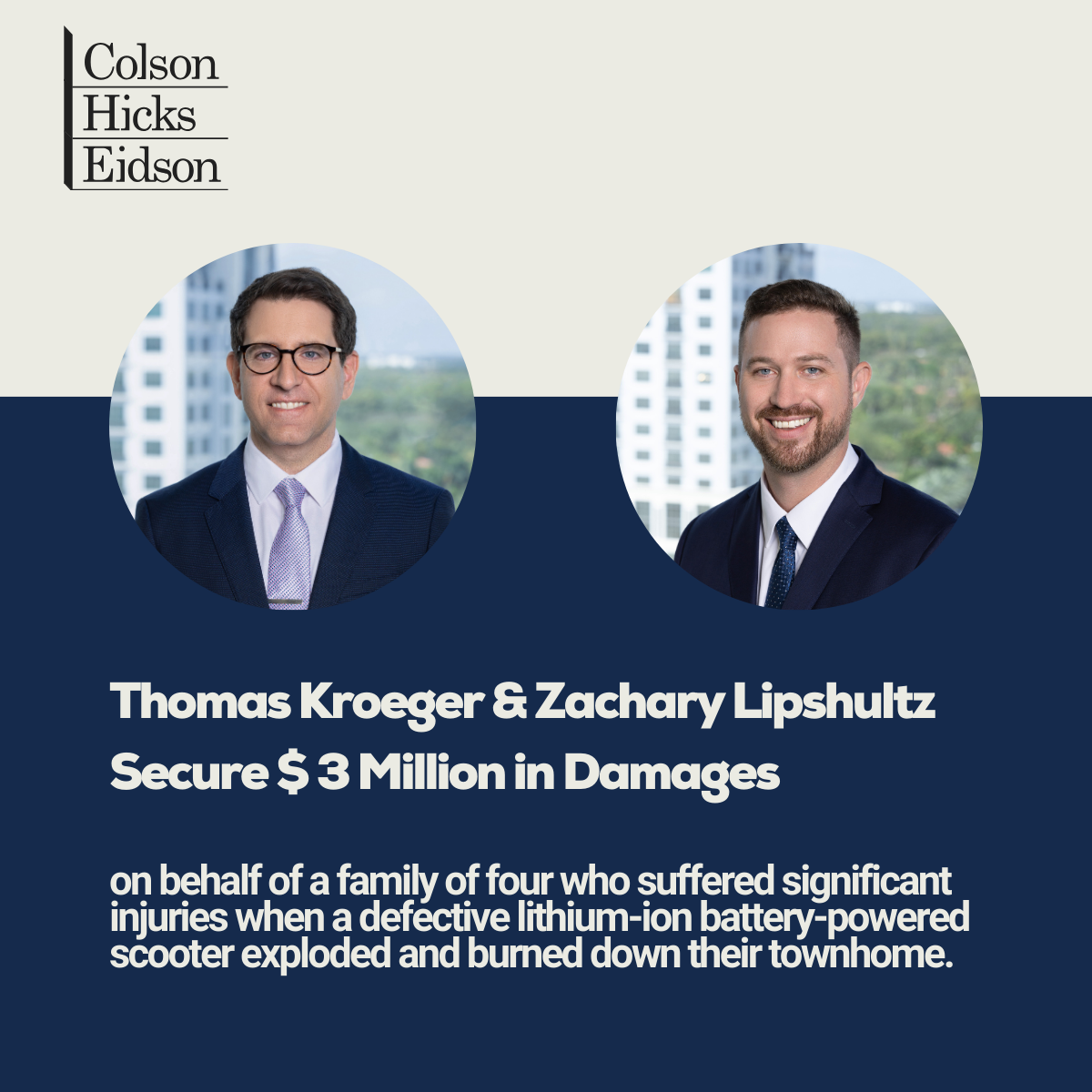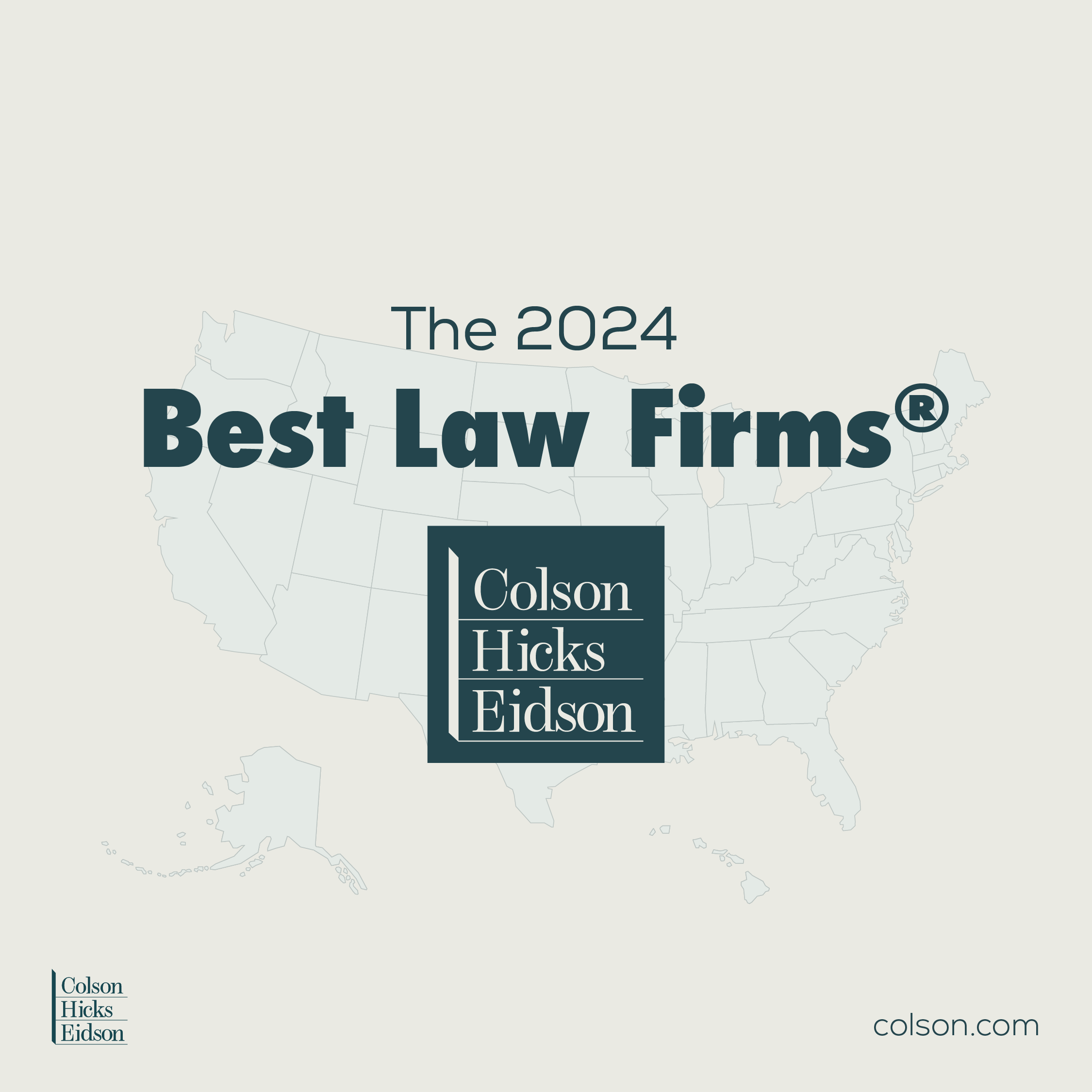The National Football League is expanding a project that athletic supporters hope will address the ongoing issue of traumatic brain injuries and concussions in football. Many players this season will wear sensors called ‘head accelerometers’ in their helmets.
The devices are designed to assess each impact to a player’s head during a game.
Two companies are perfecting the sensors for use this fall, based on researchers’ feedback, plus information gathered from the NFL teams that participated in a 2013 pilot project, focusing primarily on logistics.
“We need a sample of…players across all positions…studying every play type possible,” one of the researchers said. “If we find [the sensors] have utility that could actually help an individual player, my hope would be that we would go league-wide.”
All 32 teams could implement the devices as soon as the 2015 season.
The project, after approval from the league and the players’ union, could lead to benefits like rule changes, improved equipment design and modifications to player behavior. Approval would clearly indicate that the players and the league are serious about addressing the subject of concussions.
Last year, the researchers were the only ones with access to the collected information. After the program goes live, however, coaches will have access to the data, creating the amazing opportunity for a team doctor to have real-time data informing decisions about whether to remove a player from a game.
Football Related Injuries Are Not Limited to the NFL
Traumatic brain injuries—when the brain strikes the skull or is injured by a penetrating object—can impair cognitive and motor function, and are certainly not limited to professional players. High school footballers have increasingly suffered brain trauma during games. If you are a parent of a teen who may have sustained a concussion or TBI, be sure to watch for sudden dramatic changes in behavior or personality.
Did You Know? Helmets were not mandatory in the NFL until 1943, and many were still made of leather until as late as 1949.
Colson Hicks Eidson – Injury Attorneys





